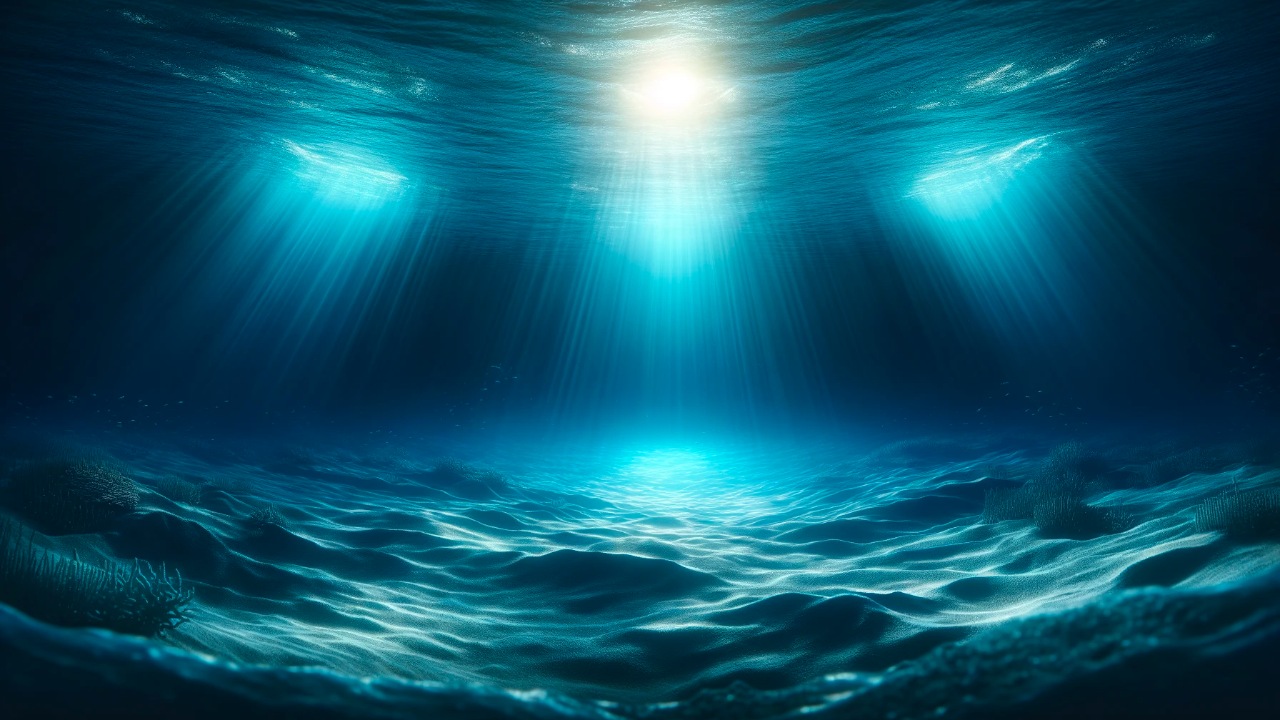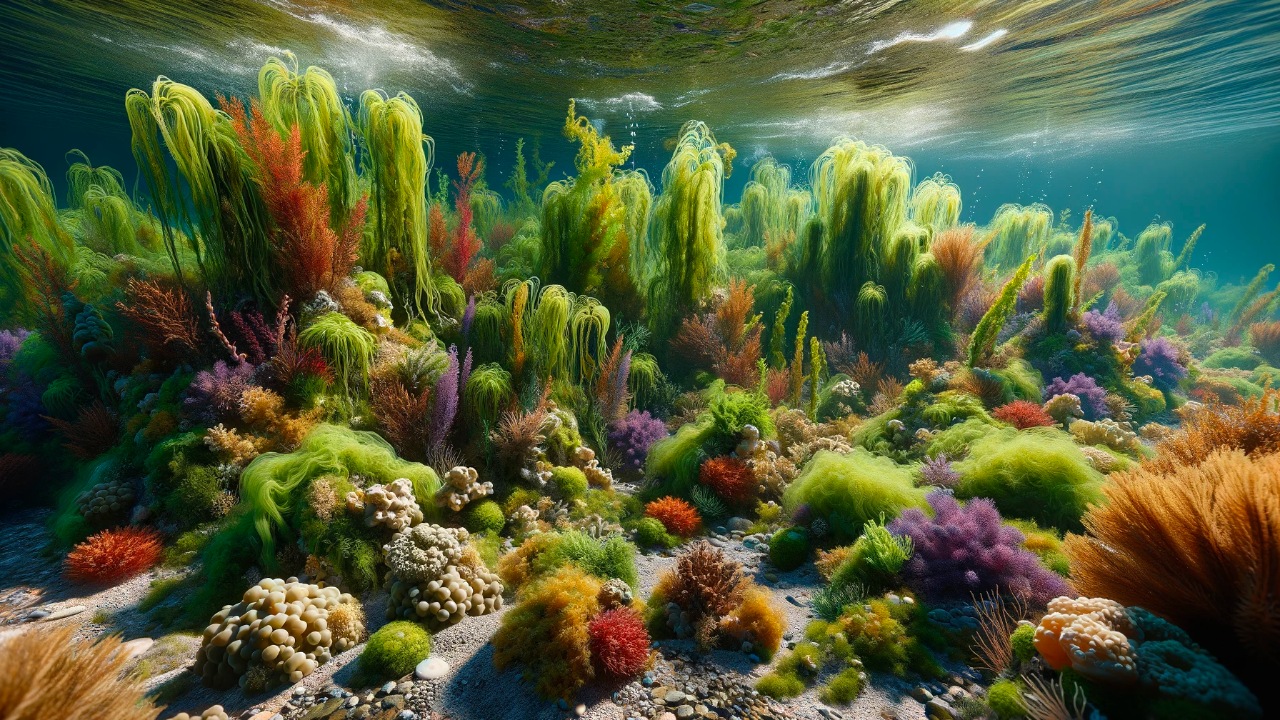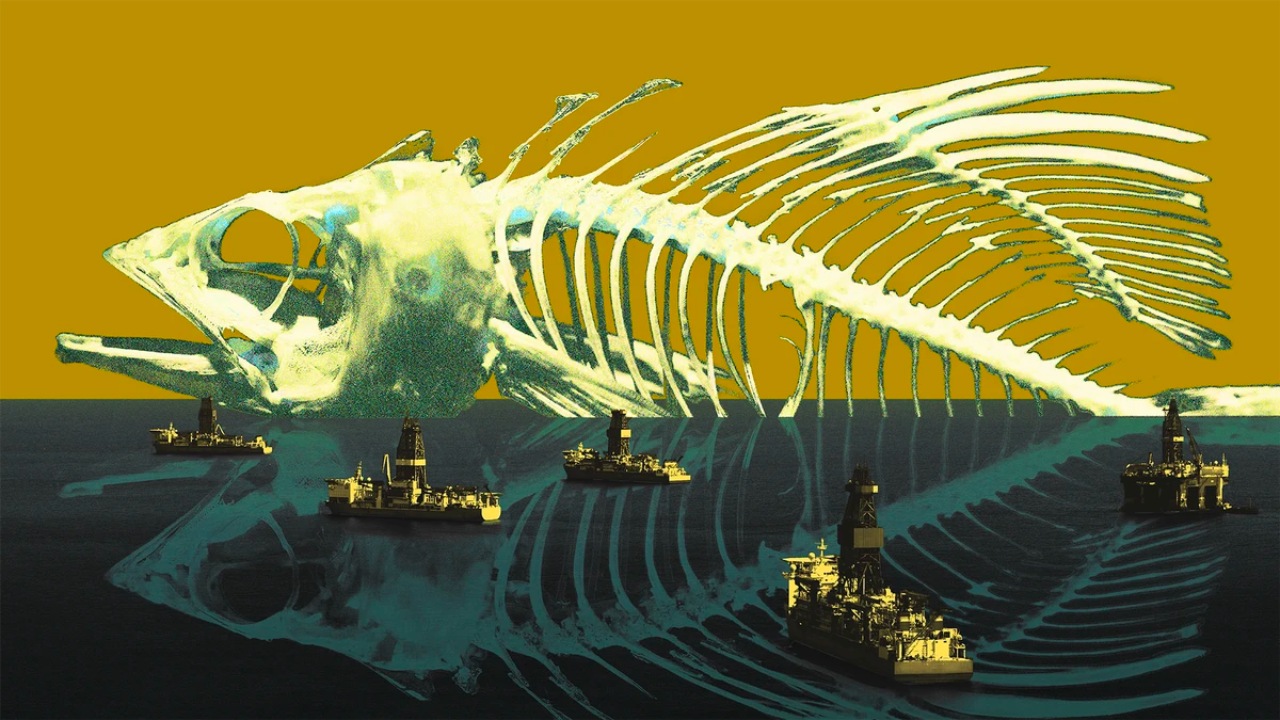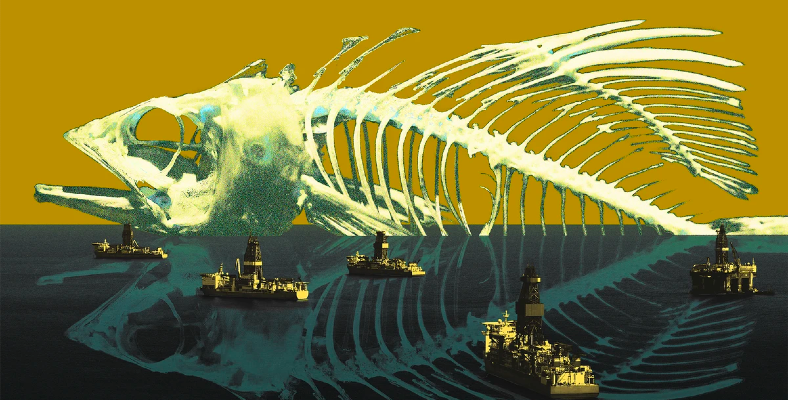The oceans, which make up a large part of our planet, are quite large and home to many living things. So, let’s say these fish in the oceans completely disappeared, what happens then?
Approximately 40,000 species of fish, crabs, corals, worms, squid, microbes and many other creatures continue their lives in the oceans. In fact, even the extinction of a single living species It brings disasters that we cannot foresee.
But especially when it comes to fish, How would the entire ecosystem be affected by the absence of these creatures?
Most of us can only witness the world of the oceans from the beach or a boat, but the depths of this sea that separates the continents are actually quite mysterious.
In these mysterious depths of the oceans; such as sardines, guppies, red mullet, bluefish, giant tuna and even sharks. Fish species of all shapes and sizes live here.
These fish are also in their own ecosystem, that enable other organisms around them to survive It has all kinds of roles. Additionally, fish serve as both prey and predators in ocean ecosystems.
Thousands of species in oceans as well as terrestrial ecosystems, including humans, rely on fish for food.

For example, small fish in coral reef ecosystems, It is consumed by larger fish and other marine creatures. In fact, this means that small fish form the basis of the food web.
Again, small fish provide energy to larger fish and other creatures. On the other hand, outside the water, many birds, reptiles and mammals meets its basic protein needs by consuming fish. Even land plants can benefit from the presence of fish.
Additionally, salmon returning to small streams after spending several years at sea on the west coast of the United States act as a belt carrying nutrients.
Again, these fish not only hunt the animals that catch them, but also It also feeds the plants along the stream. At this point, research shows that some plants get 70% of their nitrogen needs from salmon dying on or near river banks.
It is also possible to say that we also need fish as a source of food. Fish and various seafood, It is the main source of protein for approximately 3 billion people.
Fish are also much more than food needs.

Because while they are looking for food, they also look for other organisms. It creates important living spaces. Plant-feeding fish, especially in coral reef ecosystems, control the growth of algae by constantly grazing them.
If these herbivores and plant-eating fish don’t help, Algae grows rapidly and causes coral death. For example, parrotfish, one of the herbivorous fish, feed directly on corals.
Although this situation may seem bad for corals at first, this feeding style of parrot fish can proportionally increase the growth rate of the coral colony. Again, with another study parrot fish fecesis confirmed to be highly nutritious for corals.
In summary, fish create habitats for other animals, and the existence of many fish species is of great importance for many habitats, although they are limited to the oceans.

It also affects the lives of organisms that depend on them for food and shelter. They can affect directly or indirectly. If there were no fish; Coral reef ecosystems would be covered in algae, many of us would run out of food, and we would lose some creatures along with fish.
Our other content that may interest you:
RELATED NEWS
Why don’t we desalinate and use the ocean waters that cover 70% of the world?
RELATED NEWS
Why Do Creatures Living in the Darkness of the Deep Ocean Look So Scary?
RELATED NEWS
Do these waters that meet in the Atlantic and Pacific Oceans really not mix with each other? The Answer Is Not What You Think!
RELATED NEWS
